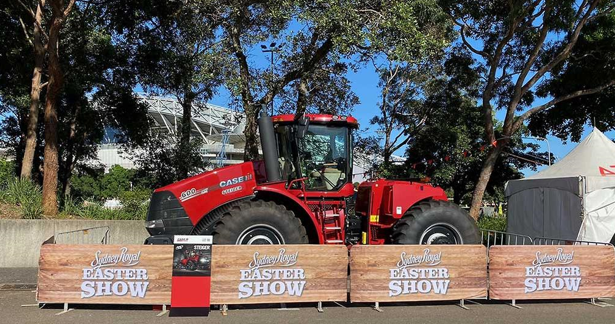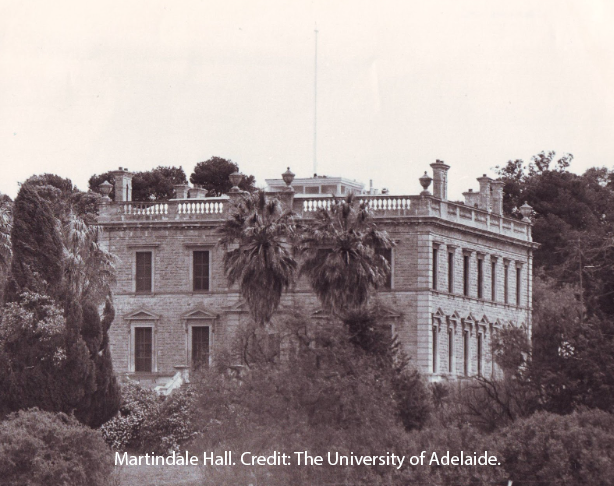As a young boy, Jerome Increase Case (1819-1891) read an article in the Genessee Farmer magazine about a machine that could cut wheat without anyone needing to use their own hands.
The idea, the possibilities, and the creation captivated the youngster’s imagination. From that day on, Case set about writing himself into agriculture’s history.
Case IH origins date back to 1842 when 23-year-old Case founded the Racine Threshing Machine Works in Racine, Wisconsin. Case had taken on the centuries-old challenge of threshing grain, with his innovative thresher separating the grain after harvest.
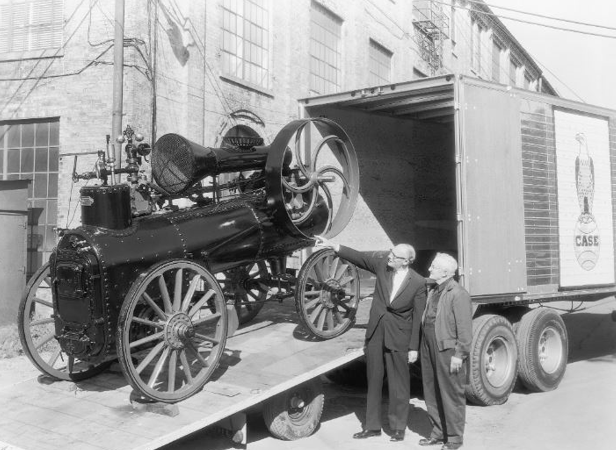
Case produced the first steam engine tractor in 1869, but it was still drawn by horses, and the power generated was just used to power other machines. But by 1876, Case had created the first self-propelled traction steam engine.
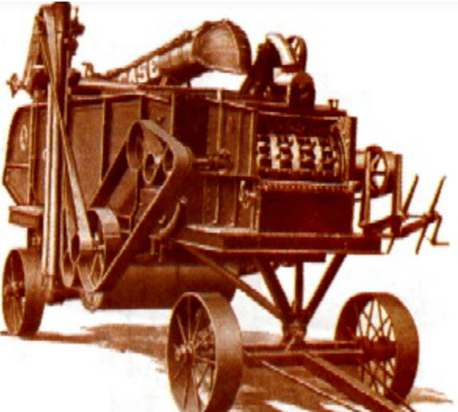
In 1892 Case built a gasoline-powered tractor. But he was ahead of his time and the market wasn’t ready to move on from steam. Not to be deterred, Case waited and reintroduced it in 1911.
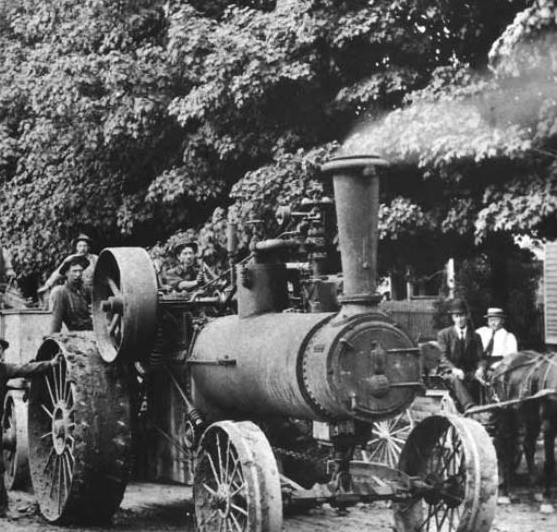
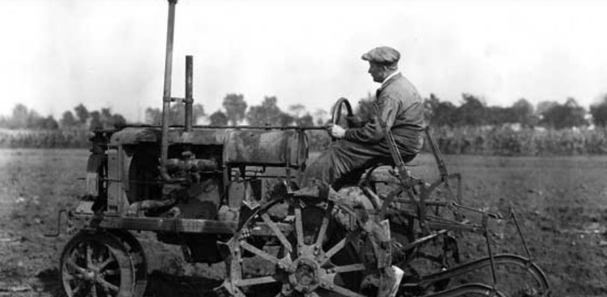
In 1923 the world’s first row-crop tractor was built. The Farmall was a hit. More than five million Farmall tractors were sold and by 1929, Case IH had expanded to Australia. The second generation Farmall was introduced in 1939 in three sized models. The Farmall remained so popular the new D and DX series were introduced in 2003.
By the 20th century, Case IH was one of the 10 biggest builders of tractors in the world. Case IH was among the pioneers of ‘precision farming’ Advanced Farming Systems (AFS) when, in 1994-95, it introduced a GPS-based system to reveal the yields from different sections of paddocks. In 1999 it merged with New Holland to form CNH Global, as it remains today.
%20that%20has%20pride%20of%20place%20on%20their%20Narrandera%20property.%20Credit%20Mark%20Griggs%2c%20theland.com.au%20%20.png?width=661&name=Auctionsplus%20the%20box%20Doug%20and%20Eddie%20Norton%20pictured%20in%202013%20with%20their%20LA%2046%20(third%20in%20the%20lineup)%20that%20has%20pride%20of%20place%20on%20their%20Narrandera%20property.%20Credit%20Mark%20Griggs%2c%20theland.com.au%20%20.png)
Case IH marks its 180th anniversary this year; here’s three fun facts to celebrate the milestone.
A Narrandera, NSW property is home to a wartime Case tractor
During World War II tractors were tough to come by in Australia. The Nortons, a farming family in the Riverina region, had one on order for many months. In 1944 J.I. Case Company built a special order of around 300 LA 46 model tractors for the US military, with 124 designated for the Pacific region. However, not all arrived safely. The ship carrying 62 (half of the 124) was sunk by the Japanese on its way to Singapore. After bombs were dropped on Hiroshima and Nagasaki, forcing Japan’s surrender, the second consignment of tractors was rerouted to Australia for agricultural use. These found their way to the Case distributor, Gemmel Tractor Company of 92-102 Cleveland Street, Chippendale. From there, one made its way to a new life on the Nortons’ Narrandera property. The Nortons still have the original delivery advice letter, which was delivered via post and outlines the starting instructions for the tractor.
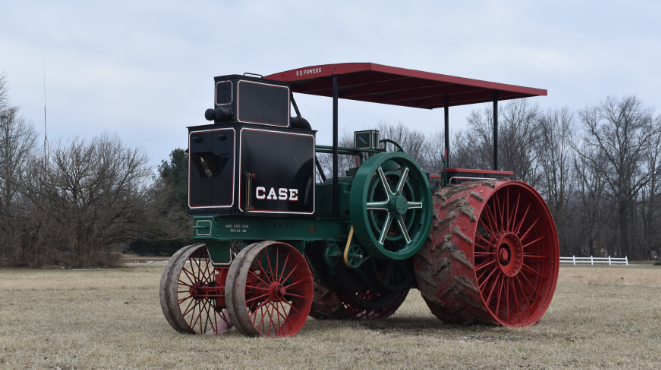
In 2022 a century old Case tractor became the most expensive tractor ever sold
The 1914 Case 30-60 sold for an incredible $1.47 million at an auction in Illinois, US. It’s one of just five left, with the remaining four on show in private collections and museums. It was the first gas-powered tractor built by Case IH, then known as J.I. Case Company. Until it came into play, tractors primarily operated on a steam engine. A big machine, the Case 30-60 is known as a prairie tractor and was used to pull an eight bottom plow and cut through prairie. It’s believed the buyer is a Connecticut museum that owned the whole line of early Case tractors - but it didn’t have this one. The sale smashed the previous world record for the most expensive tractor, which was set in 2019 for $535,000.
In 1884 Case visited a farm in Minnesota named after him, after hearing news that one of his thresher machines wasn’t operating well. Try as he might, Case couldn’t repair the machine himself. Absolutely furious, he set it on fire. The following day Case returned to Wisconsin and immediately sent the owner a new thresher machine.
 Results
Results
